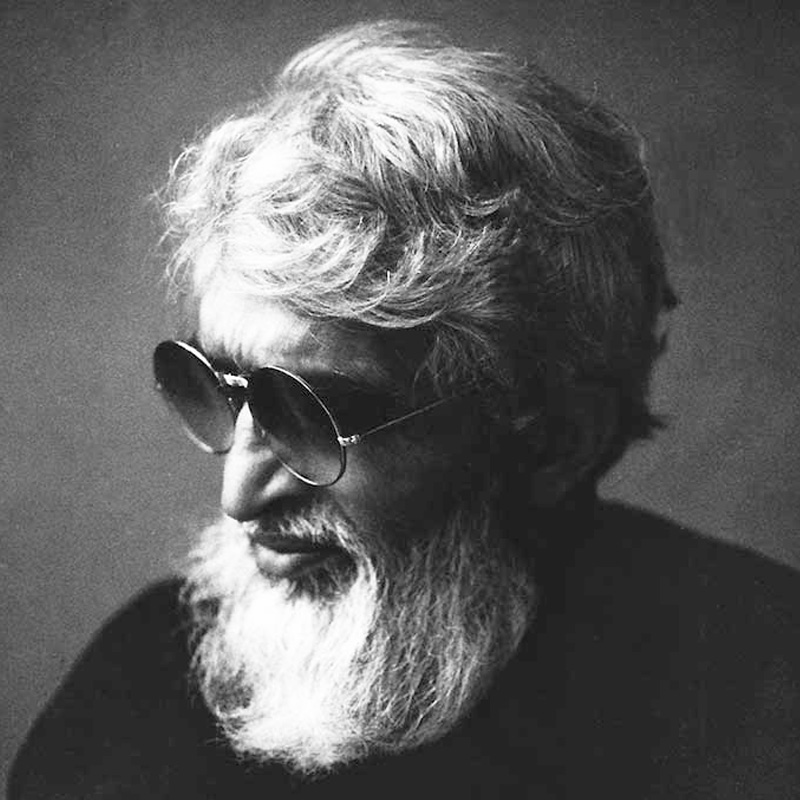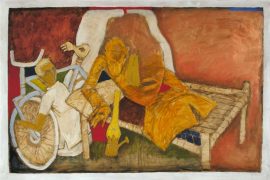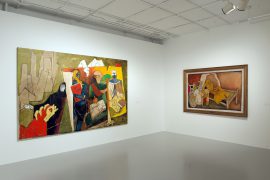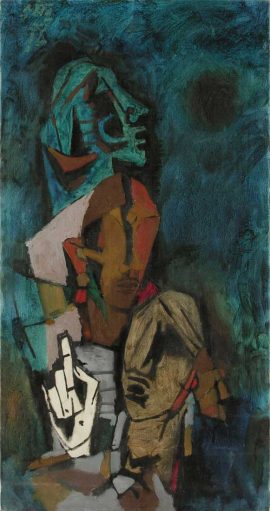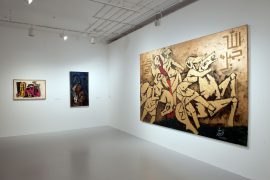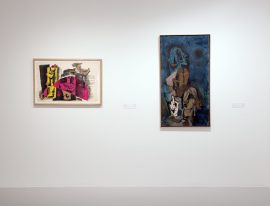About the exhibition:
M. F. Husain: Horses of the Sun bears witness to this magisterial artist’s work across more than six decades; the title refers to a recurrent motif in his art, a personal symbol of self-renewal and vitality.
Maqbool Fida Husain (1913-2011) was a legendary figure in the history of Indian modernism. A founding member of the Progressive Artists Group, formed in Bombay in 1947, Husain played a leading role in revolutionising art in India by parting ways with the dominant genres of academic painting and miniaturist nostalgia.
When he died in London at the age of 98, his life had already traced an arc through one of the most cataclysmic yet vibrant centuries in human history. Husain lived through two World Wars, the Partition of the British Raj into the modern nation-states of India and Pakistan, the Cold War, Algeria and Vietnam, and conflicts in South and West Asia. His chosen media ranged from oil painting and watercolour, through lithography and serigraphy, to sculpture, architecture and installation. He was also a film-maker, poet and memoirist who wrote in Urdu, Hindi and English.
Husain called himself a global nomad developing strong connections with the UK, the USA, Czechoslovakia, the Arab world in general, and Qatar in particular, which offered him refuge when adverse political circumstances forced him into exile from his beloved India. Three themes lie at the core of Husain’s art, and are reflected in this exhibition. First, the idea of home as a habitat remembered from childhood, shaped in the present, or discovered through exploration. Second, the human passion for creativity expressed in every society, period and discipline. Third, a pluralist approach to the divine and cosmic aspects of being, articulated through the myths, symbols and narratives of the world’s religions and philosophies.



